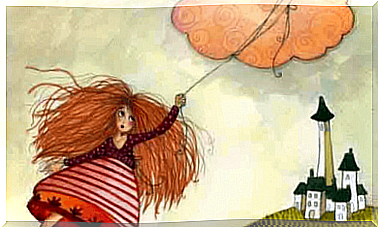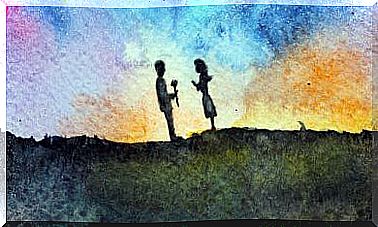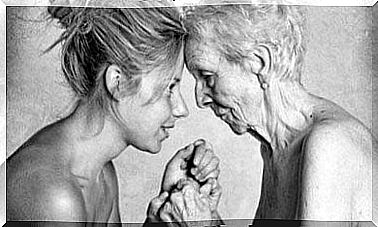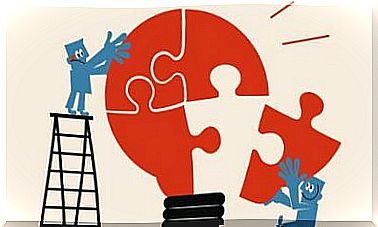Attachment And Its Importance In Building The Emotional
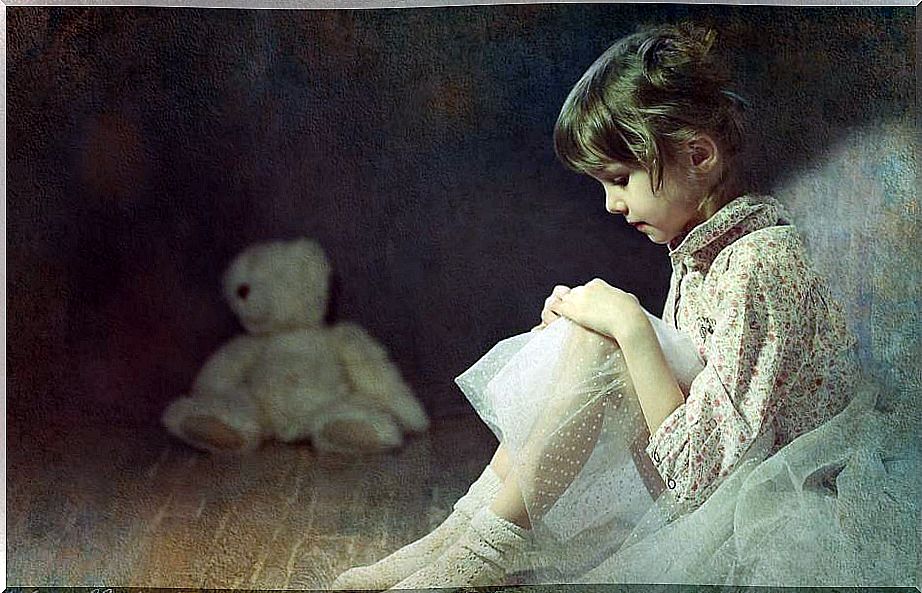
The development of a healthy and close bond between the baby and his caregivers is essential. It provides security and confidence, in addition to making you feel loved and recognized… essential pillars for your growth and maturity in adulthood. One way or another, the nature of the relationships we have established in our childhood will also determine our intimate relationships throughout life. If as children we receive proper and healthy attachment, it is likely that in adult life we will establish with others the kind of relationship we saw when we were little.
Otherwise, if that first affection was negative or dysfunctional, it will have a very important negative influence. It is possible that the person is suspicious, that he is afraid that he will be harmed or that he will be abandoned. According to evolutionary psychologists, if childhood affectionate relationships were not adequate, there is a strong possibility that the thought processes are somewhat negative and that, at some point, the person will develop depression.
childhood affection
Attachment theory was established by British psychiatrist John Bowlby. From an evolutionary perspective, it is argued that it is essential that parents establish relationships of affection and continuous care with their children. This type of interaction allows the little ones to explore their surroundings safely, knowing that they will be defended and cared for. Affection brings recognition of oneself and the ability to do things, no matter how small.
When a child experiences parental abandonment, is mistreated or abused, the affectionate relationship not only breaks down, but becomes threatening and harmful to him. This type of attitude causes us to have a certain type of emotional response: fear, feeling of insecurity, low self-image, distrust and even anger. These are experiences that a child will certainly keep forever, causing in their adult life certain moments of crisis and emotional upheavals that may well trigger depression.
Maturity and negative attachment
According to evolutionary psychologists, people who have experienced this type of negative experience in their childhood may have two negative attachment styles :
– : is someone who, as an adult, tries to hide his emotions as a defense mechanism. If I don’t show it, I protect myself and no one can harm me. It is likely that, in addition, he has idealized a certain type of relationship, and it seems that no one fits his needs. Therefore, they end up failing continually in their emotional life. They are demanding but also reluctant; demand but do not know how to offer. Sometimes these continual failures lead to depression.
– : is that person who lives continually in fear of losing their relationships, whether friendship or love. They can be really obsessive, but they also show self-critical behavior and a bit of victimism. They know they are hurting others, but they also emphasize their need to be wanted. They go through complex states in which anxiety and fear of being abandoned fill their worries, to the point of falling into depression.
As we can see, the complexity of the childhood attachment world can be determinant; hence the obligation of every father, mother or caregiver to show affection to minors, to give them security and recognition. Our childhood is the foundation of our adult happiness.

